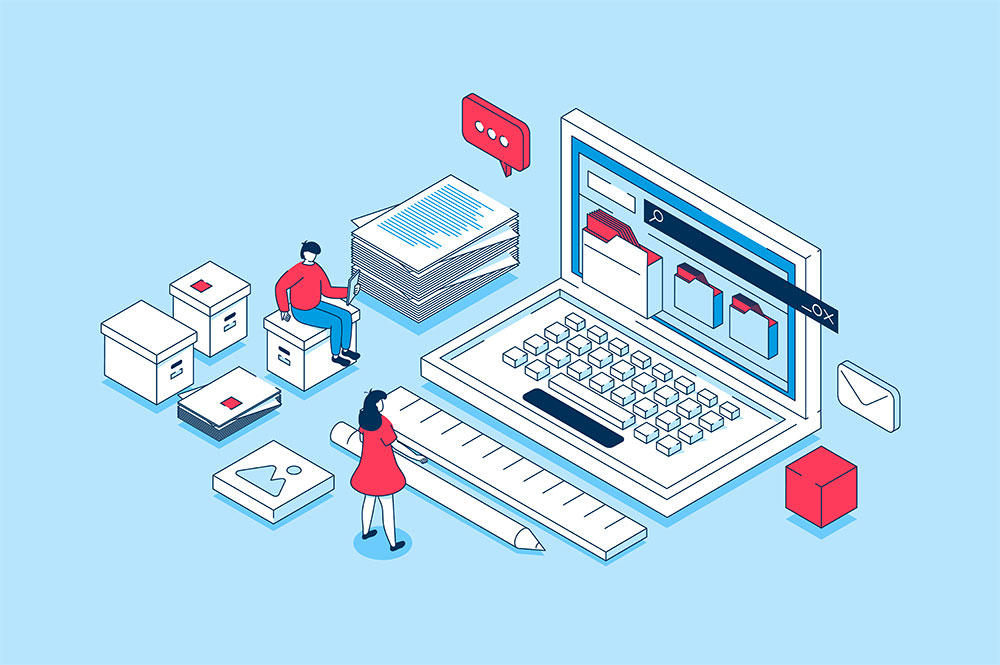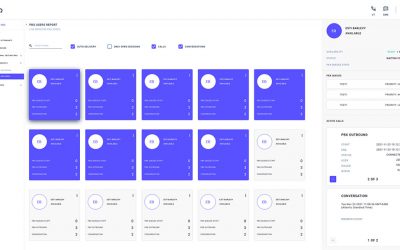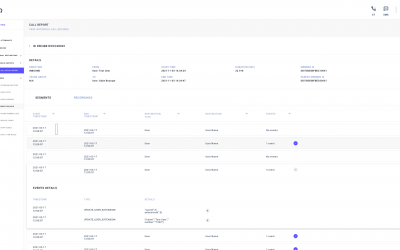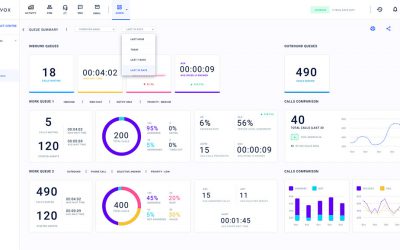The Future Landscape of Software Technology is evolving at a rapid pace, and as we look beyond 2024, we can anticipate groundbreaking innovations that will transform industries and the way we live. From AI-powered automation to immersive virtual environments, the future holds remarkable advancements. Let’s dive into key predictions and insights into how software will continue to evolve over the next decade.
1. AI and Automation Take Center Stage
Artificial Intelligence (AI) has already begun transforming industries, and its influence will only grow in the years to come. By 2030, AI-driven systems will likely become the backbone of many business operations. From intelligent chatbots that can handle complex customer service interactions to predictive analytics that can forecast business trends, automation will improve efficiency across all sectors.
In addition, software that leverages machine learning algorithms will become more intuitive. These tools will not only automate repetitive tasks but also provide valuable insights, helping businesses make data-driven decisions faster. As a result, companies that embrace AI and automation will have a competitive edge in the future.
2. The Rise of Quantum Computing
While still in its early stages, quantum computing is poised to revolutionize software technology. Beyond 2024, we can expect significant advancements that will allow quantum computers to solve complex problems far beyond the reach of today’s classical computers.
Quantum software development will focus on optimizing algorithms for better speed and accuracy, tackling challenges in fields like cryptography, drug discovery, and logistics. Though widespread commercial use might still be a few years away, companies that invest in quantum computing early will be at the forefront of innovation.
3. The Evolution of Cybersecurity
With the increasing reliance on digital systems, cybersecurity will become even more crucial in the future. The landscape of cyber threats is evolving, and traditional security measures may no longer be sufficient. Therefore, companies will need to adopt more advanced, proactive cybersecurity solutions.
Looking ahead, expect to see software that integrates AI-powered threat detection systems, which can anticipate and neutralize threats before they occur. Additionally, blockchain technology could play a key role in enhancing data security, providing decentralized and tamper-proof systems for sensitive information. In the future, the focus will shift from reactive security measures to predictive, AI-driven defenses.
4. Immersive Technologies: AR, VR, and the Metaverse
Another exciting trend in the future of software technology is the rise of immersive experiences. Augmented Reality (AR), Virtual Reality (VR), and the concept of the metaverse are already making waves, and by 2030, they will be far more advanced and integrated into everyday life.
Software platforms will enable seamless virtual experiences, allowing users to work, socialize, and play in fully immersive environments. For businesses, AR and VR will revolutionize training programs, product design, and customer engagement. The future of software will focus on creating hyper-realistic digital worlds that blend the virtual and physical seamlessly.
5. Low-Code/No-Code Platforms for the Masses
One of the most transformative developments in software technology will be the rise of low-code and no-code platforms. These tools empower users with little or no programming knowledge to create software applications, dramatically lowering the barriers to entry for digital innovation.
Beyond 2024, these platforms will become even more powerful and accessible, allowing businesses and individuals to develop custom solutions without relying on developers. This democratization of software creation will lead to a surge in innovation, as more people are able to solve problems with tailored, efficient software solutions.
6. The Integration of 5G and Beyond
As 5G networks expand globally, the software industry will experience a massive boost in connectivity. With ultra-low latency and higher speeds, 5G will unlock new possibilities for software applications, particularly in areas like IoT (Internet of Things), real-time data analytics, and remote work technologies.
Moreover, by 2030, we may even be talking about the rollout of 6G networks, pushing the boundaries of what software can achieve in terms of communication, speed, and efficiency. The future will see an increasing demand for software that can harness the full potential of these ultra-fast networks.
Final Thoughts: The Future Landscape of Software Technology
As we look beyond 2024, The Future Landscape of Software Technology is clearly brimming with exciting opportunities and challenges. AI and automation, quantum computing, cybersecurity, immersive technologies, and next-gen connectivity will all redefine how we engage with the digital world. Businesses and developers who stay ahead of these trends will thrive in this ever-evolving landscape.
To remain competitive, companies must start investing in these emerging technologies today. The future is being built now, and those who innovate will lead the charge in shaping it.
Contact Us
Curious about how your business can prepare for the future of software technology? Reach out to us today to explore innovative solutions tailored to your needs. Let’s work together to position your company at the forefront of technological advancement!



